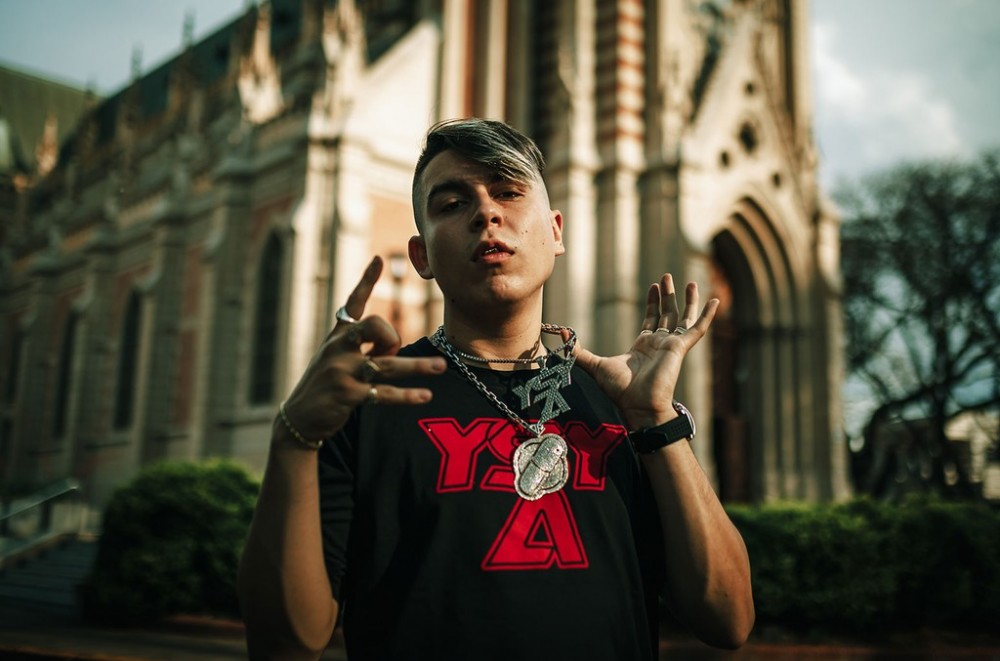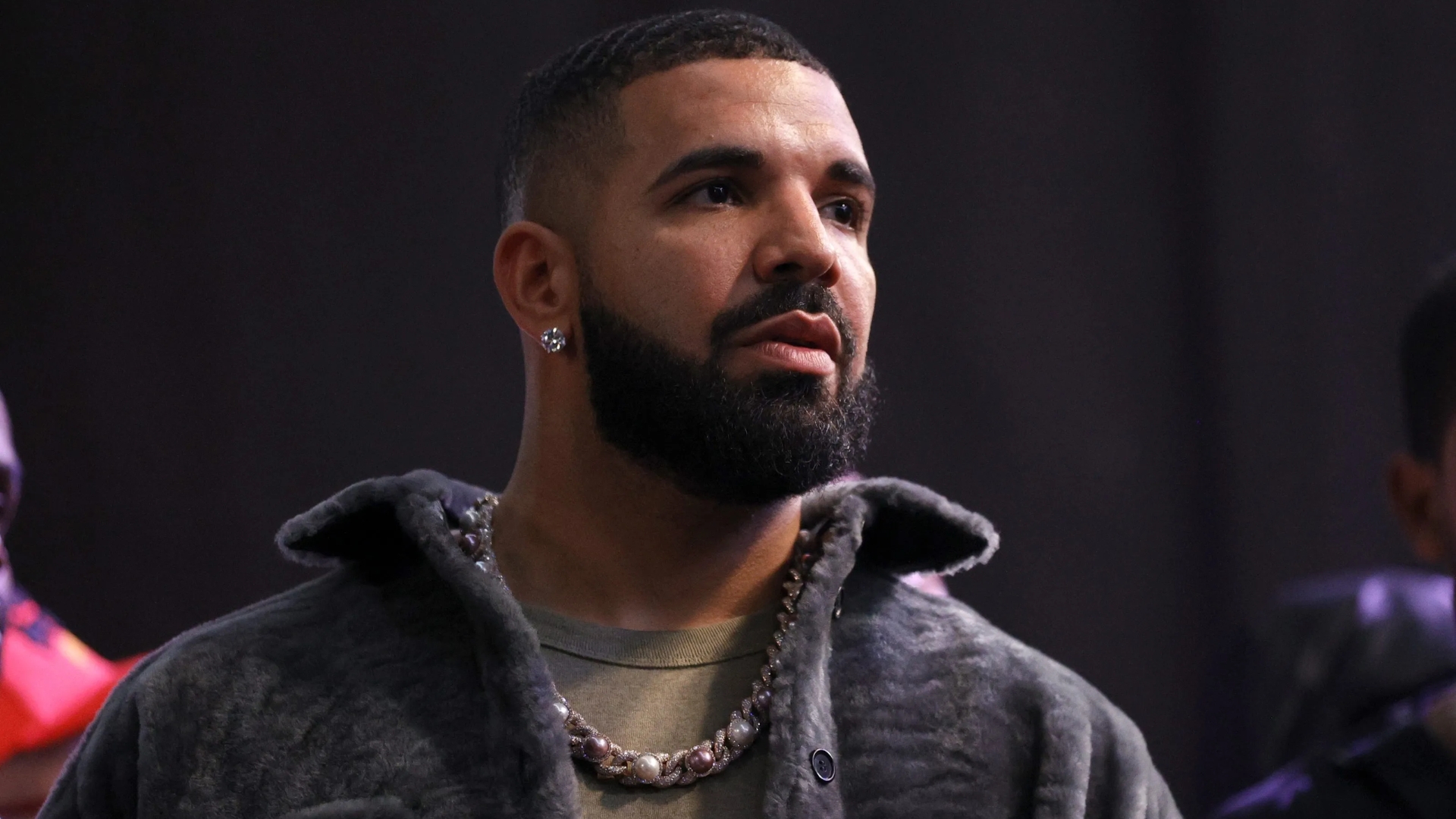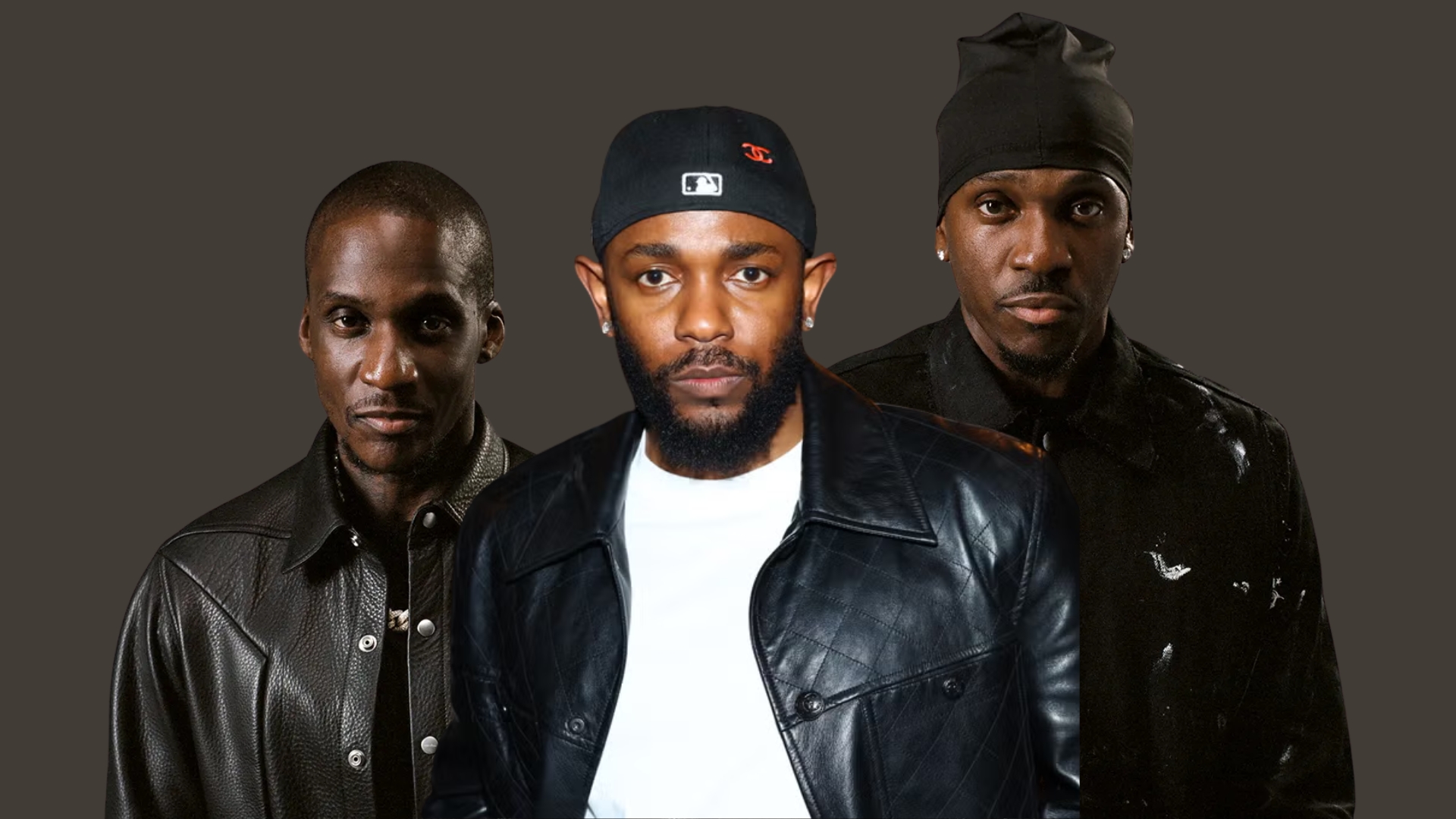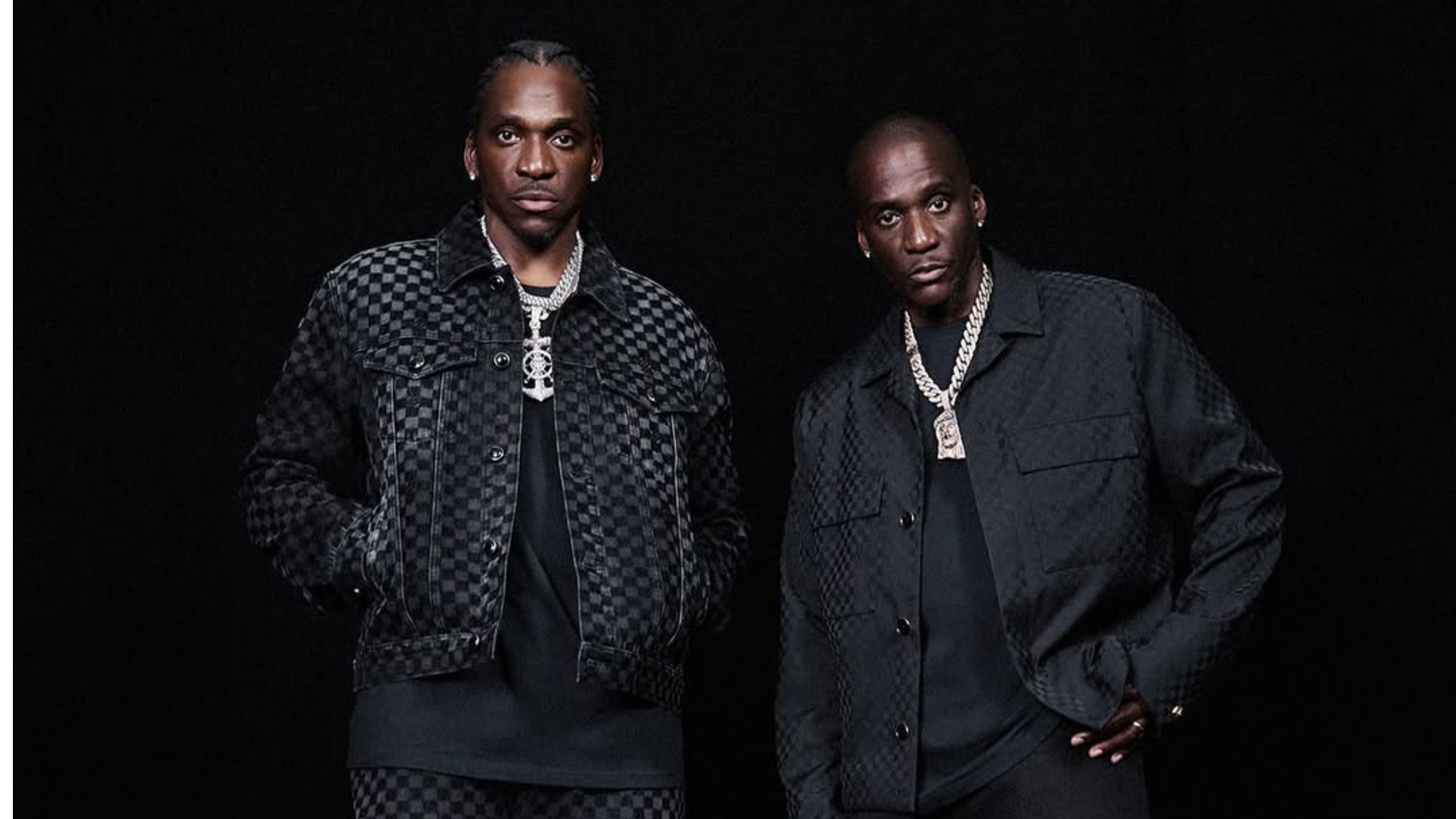Alejo Acosta, a.k.a. YSY A, is one of the artists that has collaborated the most in the growth of urban music in Argentina over the past few years. He started “El Quinto Escalon” back when he was 13 with the sole purpose of bringing rap battles to the center of Buenos Aires to spread the gospel of hip-hop.
“The first meetings we did were of about 15 people, few of which were actually freestylers. Most of them were dancers, beatboxers or graffitti artists,” he explained.
Freestylers like Dtoke and WOS — international champions of the Red Bull “Batalla de los Gallos” — MKS, Dani, Replik and Trueno are some of the rappers that left their mark in “El Quinto.”
Years later, what had modestly begun in Rivada Park, in the middle of Caballito neighborhood, became the greatest Spanish-language street competition in history.
The project ended on Nov. 11, 2017, with an emotional farewell show at Malvinas Argentinas Stadium, packed with over 8,000 eager fans. Dtoke triumphed over WOS in the final round. It was the end of an era, but the beginning of new paths for Alejo, who eventually started going under the moniker YSY A.
The time had come to focus completely on the music and channel all of his energy into lengthy writing and recording sessions. “Antezana 247” was released by mid-2018, boasting features by Duki, Obie Wanshot, Marcianos Crew and Neo Pistea. Modo Diablo was just beginning. A year and a half later saw the release of his sophomore record, Hecho a Mano.
“I tried to be experimental with all the music I released, regardless of it being a single or an album,” he explained. “I’ll always go after the unexpected and look away from what everyone is after. What I want to do now is a record that is completely different to the previous one, but still have its following.”
In the midst of the Covid-19 lockdown, YSY A and the Billboard Argentina team caught up Zoom to discuss the rapper’s past and future, elements that he has managed to synthesize in songs some followers are now dubbing “Neo Tango.”
What is your first music-related memory?
My first real contact was when I was 12. I remember I learned to beatbox so that my older friends could rap over it. Until then, I had not seen anyone actually improvise. I am the only Argentinian artist in my family; my folks are Uruguayan. My uncle, who brought my parents to Buenos Aires over 35 years ago, came to make a living as a tanguero. It’s in our blood. Besides, my parents are from Tacuarembó, the place where people say tango legend Carlos Gardel was born.
So, the connection between tango and your music came naturally?
Exactly! When I met Don Roque, my jewelry dealer and manager for a few years now, I showed him all my hip-hop and he showed me his tango. He said, “This is Buenos Aires: The music here is tango.” Then, three or four years ago, when I began to listen to tango again and focus on it, I realized that everything about it is very much Porteño i.e. relative of Buenos Aires City]. The lyrics, the stance … everything represented me.
So, when I had the chance of making a tango, I wasn’t going to turn it down. I’ll always try and give my music an Argentinean feel, tweaked to be my own.
Do you believe your style goes beyond trap?
I’m doing trap right now because I enjoy it and because I feel like it, but I’m not part of the “Argentinean trap” scene. I do trap, house, cumbia, tango, any amount of things. I don’t want to be restricted by a genre. I feel we have the responsibility, here in Argentina, to shape and mold the new popular music, which may not necessarily be dubbed trap. I believe myself to be a rapper: I can rap to any rhythm you put in front of me.
How do you feel about the Caribbean scene and reggaeton?
I’ve always had a very strong connection with them. The first hip-hop records I heard as a child are the reggaeton ones released between 2005 and 2012. To me, they’re still the best ever released in the Spanish-speaking world. Randy, De La Guetto and Arcangel. Those three made music that I heard a lot back in 2010 and that I still enjoy today, perhaps even more than before.
I feel they broke the mold of what music was until then. They made it before the internet, before YouTube, and before anything could be seen on a phone screen. They invented a genre. What I wouldn’t give to invent one myself! I’m not talking about changing something imported, but to actually create something new, different and completely local, a sound people identify with.
In a way, you’ve already done it through your lyrics and flow.
I don’t think so. I do rap and trap, genres that were invented elsewhere. What I do is to put the Argentinean touch, the feel I’m looking for. Reggaeton performers invented a genre of their own, for their own people and country. Here, when I show trap to people who are not used to it, they don’t feel it or understand it. I need to break with the myth that trap is not something Argentina is comfortable with. I need to keep giving my music an Argentinean edge for me to, who knows, eventually be able to invent a sound that is uniquely ours.
Why didn’t you sign with any record label?
Look, I’ve been witness and participant of the movement’s growth in this country. It helped me see that I can reach so much higher if I go on my own. I don’t mean moneywise, but rather to build my empire by myself, not having to ask for favors or bow my head to any label or brand. I currently decide everything in my career. I believe that being able to choose is priceless. My vision is something that goes beyond money. I’m trying to create a historical movement here in Argentina, and I know that we’ve done it so far, and it has been by our own hands.
There are those who say your music is among the most experimental sounds released lately. Is that intentional?
Yes, always. My two albums are a search for different but distinct sounds. I have a new record on the way, and I’m figuring out how to make the next one not sound so similar, have it be something completely new. I am a great trap artist, but I am more than that: Give me a tango, house, salsa, I’ll do it. I don’t want to rely on a single sound. I won’t repeat myself just to consolidate my career. I’ll always raise the bar to do something different in my rapping, my music and how it reaches the world. I hope to be able to do it this way for the rest of my life.



